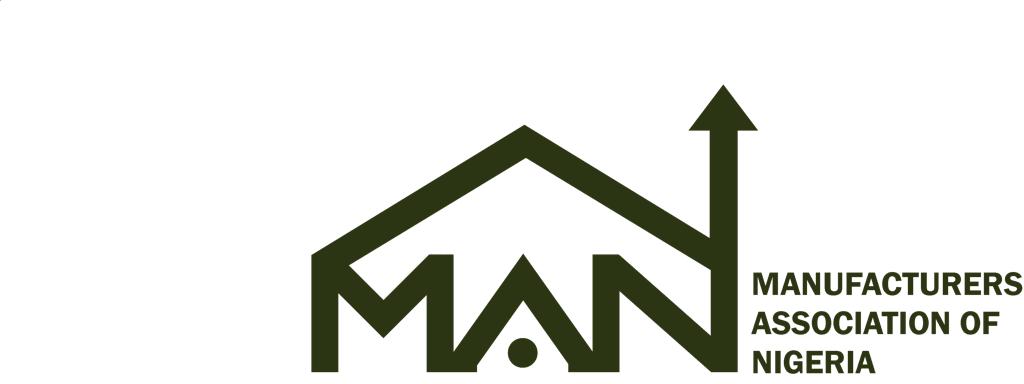The Nigerian manufacturing sector is facing significant headwinds due to the Federal Government’s protracted delay in signing the 2024 and 2025 fiscal policy measure documents. This delay, according to George Onafowokan, Chairman of the Manufacturers Association of Nigeria, Ogun State Chapter, has created a climate of uncertainty and hampered the ability of Nigerian manufacturers to compete effectively in the export market. The fiscal policy measure document, typically reviewed annually, serves as a crucial guide for tariff adjustments, influencing the cost of raw materials and ultimately impacting production costs and export competitiveness. The absence of an updated document leaves manufacturers grappling with outdated tariffs and unpredictable cost structures, inhibiting their ability to plan and execute export strategies.
Onafowokan, whose company Coleman Technical Industries Limited (CTIL) is a leading cable manufacturer, highlighted the detrimental impact of this policy paralysis on the sector. The delay in signing the fiscal policy measure has made it difficult for manufacturers like CTIL to import essential raw materials at competitive prices, thereby affecting local production volumes and limiting their potential to expand into export markets. This difficulty is particularly acute in the fibre optic cable market, where outdated tariffs and unclear policy directions have dampened market buoyancy and hindered the sector’s growth potential. While CTIL has managed to achieve marginal exports to neighboring countries like Ghana, Chad, and Niger Republic, the company’s broader export ambitions have been significantly constrained by the prevailing policy environment.
The government’s failure to sign the fiscal policy measure documents despite repeated assurances to the organized private sector, including MAN, has further exacerbated the situation. The continued deferral of this crucial policy instrument has created a sense of frustration and distrust among manufacturers who are left to navigate an unpredictable business landscape. This policy inertia not only affects the cable industry but has broader implications for all manufacturers and importers relying on timely access to raw materials. The lack of clear guidance on tariffs and trade policies makes it challenging for businesses to make informed decisions regarding imports, hindering their ability to plan production schedules and manage costs effectively.
The absence of a current fiscal policy framework has also complicated efforts to boost Nigerian exports. Onafowokan emphasized that while the potential for export growth remains substantial, inconsistent policies and regulatory hurdles continue to stifle progress. He underscored the importance of achieving self-sufficiency in meeting local demand before aggressively pursuing export markets, highlighting the need for policy alignment with market realities. CTIL, for example, despite building significant capacity to potentially serve both local and international markets, finds itself limited by policy inconsistencies. This disconnect between policy and practice undermines efforts to establish Nigeria as a significant player in global export markets.
Further illustrating the challenges facing Nigerian manufacturers, Onafowokan revealed that CTIL is exploring the possibility of operating within a free trade zone to improve market access. While this move could potentially mitigate some of the challenges posed by the domestic policy environment, it also underscores the critical role of government in creating a conducive environment for businesses to thrive. Onafowokan stressed that the external business opportunities are vast, but realizing this potential hinges on getting the domestic policy framework right. He argued that a misalignment between policy and business realities can lead to a situation where local demand outstrips capacity, negating the need for exports and ultimately hindering the growth of the manufacturing sector.
The delayed fiscal policy implementation represents a significant missed opportunity for Nigeria to solidify its position as a competitive exporter in the global market. While data from The PUNCH indicates an increase in the gross value of manufactured goods exported in 2024 compared to 2023, this growth is overshadowed by underlying challenges. The reported slump in export value in the fourth quarter of 2024, coupled with concerns from the Manufacturers Association of Nigeria Export Promotion Group about the sector operating far below its installed capacity, paints a picture of a sector struggling to reach its full potential. This underscores the urgent need for the government to prioritize the finalization and implementation of the fiscal policy measure, providing manufacturers with the much-needed clarity and stability to drive growth and enhance their export competitiveness.


